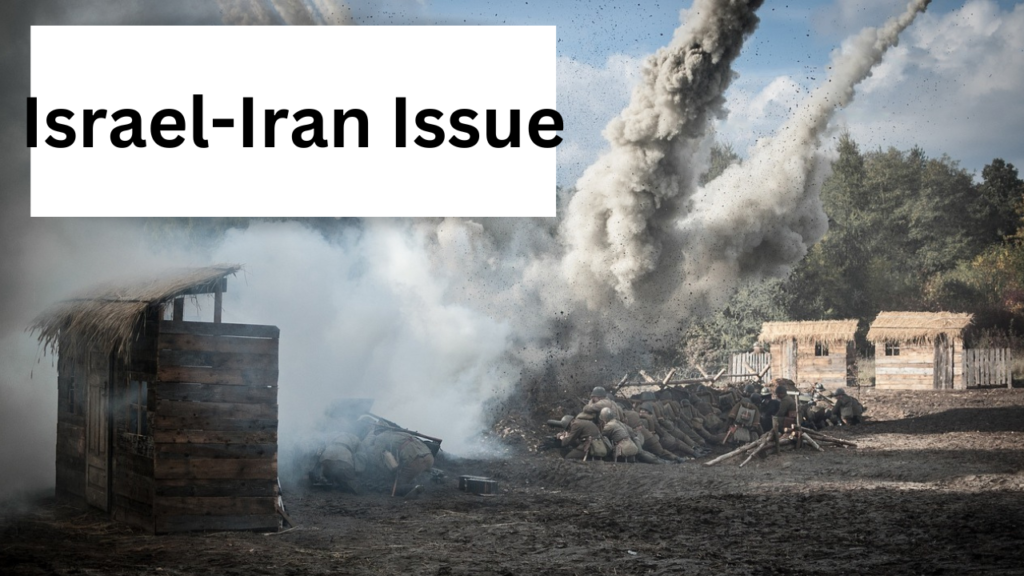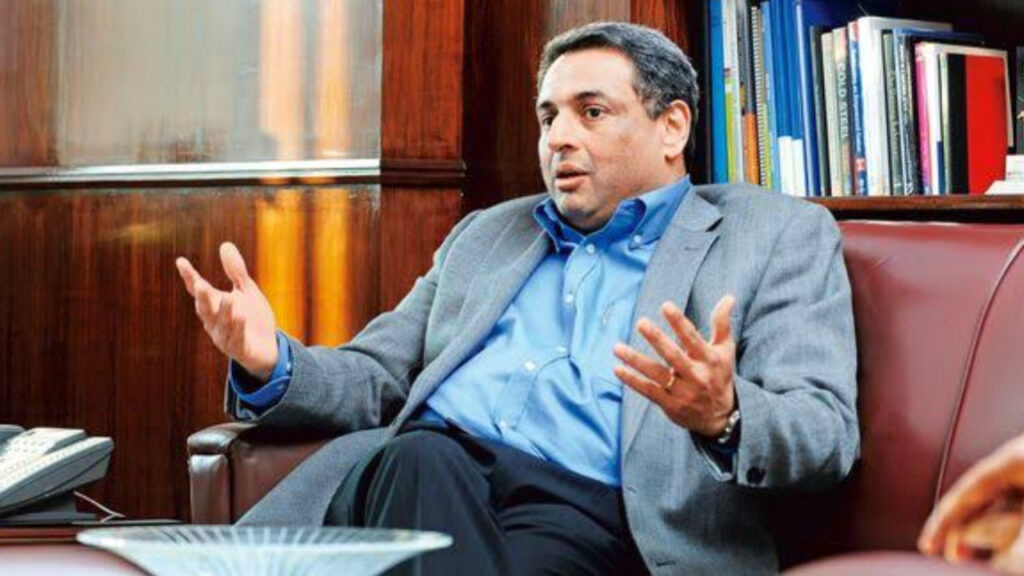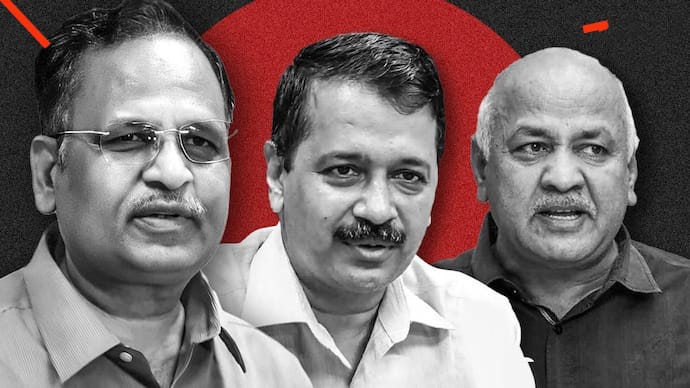Iran Israel War
The escalating tensions between Iran and Israel have sparked global concerns not just in geopolitical circles but also in economic sectors across the world. For India, a country heavily dependent on oil imports and global trade routes, the effects of such a conflict are particularly significant. Tata Steel’s CEO, T.V. Narendran, recently highlighted these concerns, stating that the Iran-Israel war could adversely impact the Indian economy. But why did he say that, and what does it really mean for India?

Rising Oil Prices
One of the immediate ripple effects of a conflict in the Middle East is the surge in crude oil prices. The region is a key supplier of oil, and any disruption real or perceived leads to a rise in global oil prices. India, which imports over 80% of its crude oil requirements, is directly impacted by such fluctuations. Higher oil prices translate into increased transportation and production costs, which in turn contribute to inflation.
Shipping Disruptions and Global Trade
Another major concern is the impact on international shipping routes. The Strait of Hormuz, a narrow passage between the Persian Gulf and the Gulf of Oman, is one of the world’s most critical oil transit chokepoints. If tensions escalate further, movement through this region could be restricted or threatened, leading to delays and increased insurance costs for shipping companies.

Tata Steel’s CEO pointed out that the cost of transporting goods has already gone up. As a global steel manufacturer with operations and clients across continents, Tata Steel relies heavily on smooth and cost-effective logistics. Disruptions in shipping lanes force companies like Tata Steel to bear higher freight costs, which can erode margins and reduce profitability.
Broader Economic Impact on India
The Indian economy, which has been recovering steadily from the shocks of the pandemic, may find this new geopolitical instability to be an unwelcome hurdle. Higher energy prices can widen the fiscal deficit, push inflation upward, and affect consumer demand. Key sectors like manufacturing, logistics, and aviation are particularly vulnerable.
Additionally, the uncertainty in global markets due to such conflicts can impact foreign investment and stock market performance in India. Investors tend to pull back during periods of heightened geopolitical tension, which can slow down capital flows into emerging economies like India.
Warning
T.V. Narendran’s comments are a warning and a reflection of the interconnectedness of today’s global economy. While the Iran-Israel conflict may seem distant geographically, its economic aftershocks can be felt in boardrooms and households across India. For policy makers and industry leaders alike, this is a moment to prepare for volatility and adopt strategies that minimize economic disruption.





